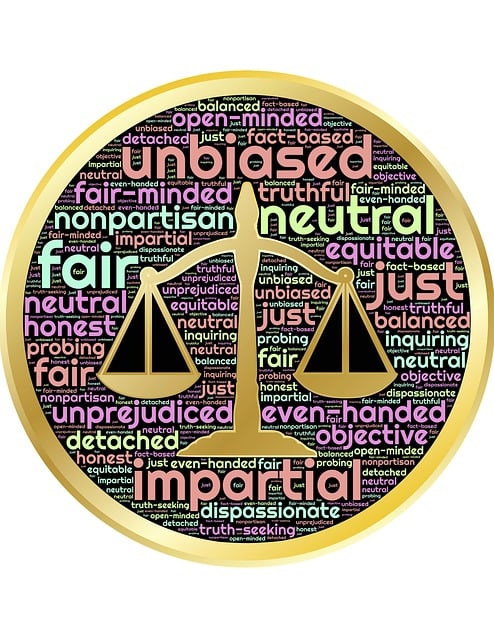Understanding mold disclosure laws is crucial for both buying and selling homes. These laws require sellers to disclose known mold problems, while buyers should conduct a real estate mold inspection before purchasing. Adhering to these regulations prevents mortgage issues due to mold, protects investments, and ensures transparency, benefiting both buyers and sellers.
When considering buying or selling a home, it’s crucial to understand the implications of mold. Mold can significantly impact property values and lead to mortgage issues. This article guides you through essential insurance considerations, focusing on key aspects like mold disclosure laws, identifying mold during purchase, legal requirements for selling, and the critical step of real estate mold inspection. By understanding these factors, you can protect your interests and make informed decisions regarding homes with mold.
- Mold Disclosure Laws: Understanding Your Rights and Responsibilities
- Buying a House with Mold: What to Look Out For and How It Affects the Purchase
- Selling a Home with Mold: Navigating Legal Requirements and Protecting Your Interests
- Real Estate Mold Inspection: Uncovering Hidden Problems Before You Sign on the Dotted Line
Mold Disclosure Laws: Understanding Your Rights and Responsibilities

When considering buying or selling a home with mold issues, understanding your rights under mold disclosure laws is crucial. These laws vary by jurisdiction but generally require sellers to disclose known mold problems in their properties. As a buyer, you have the right to know about any pre-existing mold conditions that could impact the home’s value and your health. A real estate mold inspection is often recommended before finalizing the purchase to assess the extent of the issue and its potential costs for remediation.
Knowing these laws empowers buyers to navigate the process with confidence. If a seller fails to disclose known mold issues, it may lead to legal repercussions and mortgage issues due to mold. Moreover, understanding home value and mold’s impact can help buyers make informed decisions, ensuring they aren’t left with unexpected repairs or health risks post-purchase.
Buying a House with Mold: What to Look Out For and How It Affects the Purchase

When considering buying a home, it’s essential to be vigilant about potential hidden issues, especially concerning mold. Buying a house with mold can significantly impact your decision and subsequent purchase process. Many areas have strict mold disclosure laws in place to protect buyers, ensuring they’re aware of any known mold problems before finalizing the deal. These laws mandate that sellers disclose any instances of water damage or visible signs of mold during the selling process.
A real estate mold inspection is crucial if you’re purchasing an older property or live in a region prone to moisture-related issues. Mold can often hide behind walls, under flooring, or in attic spaces, making it difficult to detect without professional equipment. Selling a house with mold may also raise concerns about the home’s value and potential mortgage issues. Lenders typically require properties to be free from significant mold problems to secure financing, so addressing this issue promptly is essential for both buyers and sellers.
Selling a Home with Mold: Navigating Legal Requirements and Protecting Your Interests

When selling a home with mold, it’s crucial to understand the legal requirements and protect your interests. Many regions have strict mold disclosure laws that mandate informing potential buyers about any known mold issues in the property. Failure to disclose could lead to legal repercussions, including lawsuits.
A comprehensive real estate mold inspection is essential before putting a home on the market. This step helps determine the extent of the mold problem and can provide valuable information for negotiating with buyers. Sellers should also be prepared to discuss any remediation efforts made and provide documentation to assure buyers that the issue has been addressed effectively, thereby protecting their investment and mitigating potential mortgage issues due to mold.
Real Estate Mold Inspection: Uncovering Hidden Problems Before You Sign on the Dotted Line

Before finalizing the purchase of a home, especially if it’s older or has had water damage in the past, conducting a thorough real estate mold inspection is crucial. Mold can be hidden behind walls, under floors, or within the attic, making it difficult to spot during a typical home viewing. A professional inspector will utilize advanced tools and methods to detect even trace amounts of mold, providing you with invaluable insights into the property’s current state. This step is all the more important given that many states have implemented mold disclosure laws, requiring sellers to reveal any known mold issues.
By scheduling this inspection early in the buying process, you can avoid potential mortgage issues related to mold and ensure that you’re not left with unexpected repair bills after moving in. Understanding the extent of any existing mold problems will also help you negotiate the purchase price, as it may impact the home’s overall value. This proactive approach allows buyers to make informed decisions, ensuring they’re not taking on a costly renovation project once they’ve already committed to buying the property.














